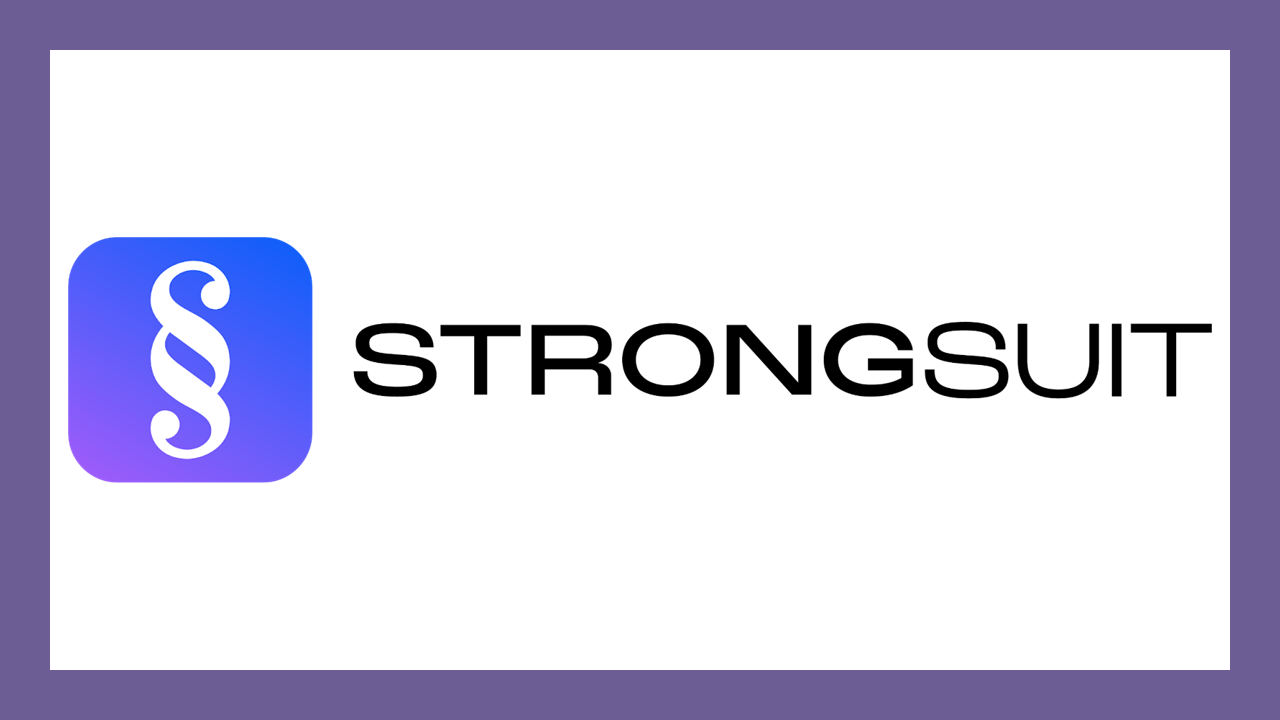Callidus Legal AI has rebranded to StrongSuit and launched a significantly upgraded legal research platform that includes automated case validation — what lawyers traditionally call “shepardizing” — marking the company’s evolution from a legal AI tool into what it describes as an end-to-end litigation platform.
The San Francisco-based company’s new platform automatically verifies that cases cited in legal documents remain good law, ensuring that they haven’t been overturned, superseded or otherwise invalidated by subsequent rulings.
“This rebrand marks a significant shift for our business,” said Justin McCallon, CEO of StrongSuit. “Our comprehensive U.S. case database, deep legal research and visual workflows push our platform ahead of some of the biggest names in the legal industry, and we’re ready to offer a superior alternative to legacy solutions.”
The rebrand positions StrongSuit in direct competition with established legal research giants like LexisNexis and Westlaw, both of which offer their own citator services — Shepard’s Citations and KeyCite, respectively.
The term “shepardizing” has become generic shorthand in the profession for the process of validating case citations, despite being a LexisNexis trademark.
New Features
Beyond automated case validation, StrongSuit’s upgraded platform includes:
- An enhanced legal research engine with a redesigned interface that the company says delivers faster and more insightful results
- End-to-end quality improvements across a dozen common legal workflows
- Advanced AI architecture leveraging what StrongSuit describes as frontier AI models combined with its proprietary database of 11 million cases.
- An oral argument simulator that allows attorneys to practice presentations before an AI judge or justice.
McCallon claims the platform is delivering measurable productivity gains: “Our customers are now frequently doubling their total output each week thanks to our platform.”
A Year of Growth
The rebrand caps a significant year for the company. StrongSuit announced $10 million in new funding to accelerate product development and expand market reach. The company has also opened a San Francisco office and hired 20 new employees to support its customer base, which now exceeds 1,000 users nationwide.
LegalTech Breakthrough named StrongSuit the Overall Legal Research Solution of the Year, recognizing the company’s innovation in delivering what the award describes as more intelligent, accessible, and dependable legal technology.
Citator Wars Heat Up
As I have written before, citators that validate whether a case or statute is still good law have always been an essential component of a full-featured legal research platform. But in this age of AI-generated hallucinations, they may be more important than ever before.
This year has already seen two other legal research startups launch citators. Midpage launched one in February and then Descrybe.ai launched one in June. Last year, both vLex and Paxton launched citators.
I have not had a chance to try the StrongSuit citator, but it is becoming clear that the emergence of AI-powered alternatives raises questions about whether newer technologies can match or exceed the accuracy and comprehensiveness of established systems that have been refined over many years.
StrongSuit’s confidence in entering this space appears backed by its substantial case database and what it describes as “deeply agentic AI infrastructure.” However, the company will need to prove that its AI-powered citator can match the reliability that legal professionals have come to expect from traditional services.
 Robert Ambrogi Blog
Robert Ambrogi Blog